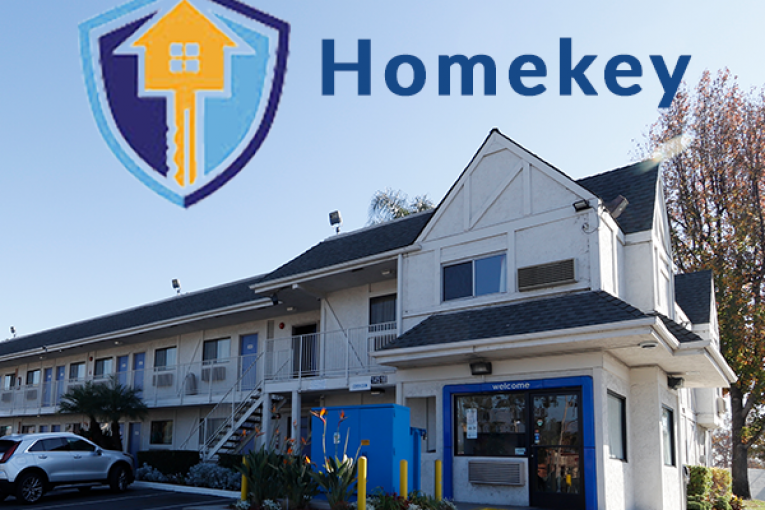

By David M. Greenwald
Executive Editor
While the news media has rightly focused on the failures of massive state investments to address California’s homelessness crisis, Senator Nancy Skinner along with Jamie Almanza, CEO of Bay Area Community Services, note the untold story of the success of the Homekey Program, which has helped to transition unsheltered people into supportive and/or permanent housing.
In the nine-county Bay Area alone, Homekey has financed 60 housing developments, “creating 4,150 housing units for formerly unsheltered individuals and families.”
In an op-ed in the Mercury News Saturday, Senator Skinner and Almanza write that “without Homekey, tens of thousands more Californians would be living on our streets. Instead, an estimated 167,000 Californians will benefit from one of the 250 housing projects funded by Homekey statewide.”
They continue, “Those 250 developments have created or will soon create a total of 15,319 units of housing, which will in many cases be a permanent home for our previously unhoused neighbors.”
However, this is not intended to downplay the severity of the homelessness crisis.
“There are many reasons for that, including the fact that we Californians have failed for decades to build enough housing,” they write.
However, they argue, “It’s also worth noting that pandemic-era state and local tenant protections, which kept people housed, have now expired, leading to a recent wave of evictions and newly homeless residents.”
In fact, Project Homekey began as a COVID response to “utilize vacant motels and other residential properties to get people off the streets, both temporarily and permanently, to reduce the risk of COVID transmission.”
However, the program has continued and grown, with its success gaining additional state investments which have focused on “acquiring permanent housing units for those in our communities who otherwise would have no roof over their heads. “
They explain that the program works by awarding grants to local governments and nonprofits who then use the funds for “properties, such as hotels and motels, and quickly turn them into housing units for unsheltered Californians.”
It also enabled local groups to purchase both single-family and multifamily homes to convert them into long-term and ongoing housing for the homeless and people at risk of homelessness.
They cite, for example, Bay Area Community Services (BACS) an Oakland-based nonprofit, which has “completed several Homekey projects, purchasing 22 single-family homes and three former motels, creating 272 units of housing in Berkeley, Oakland and Hayward as part of its Project Reclamation initiative.”
They write, “Nonprofits such as BACS understand the importance of combining behavioral health supports with crisis residential care in Homekey projects and creating communities where each resident gets their own bedroom, lock and key.”
The program works by providing services to their residents who otherwise would struggle to live independently “due to physical or mental health issues or have other barriers like a history of incarceration or homelessness.”
They continue, “Each resident is paired with a care coordinator who helps with needs, such as job support, benefits assistance, mental health support and money management.”
The Senator is not trying to white-wash the homelessness problem.
She argues, “It’s true that to fully address our homelessness crisis, California must build many new housing units, especially affordable ones.”
But the program does point toward the slow but steady progress that can be made through permanent supportive housing—while a lot of people have thrown up their hands believing that such programs will not work.
What Senator Skinner and Almanza have noted, however, is, “Project Homekey and California’s investments to combat homelessness have been true game-changers, helping tens of thousands of formerly unsheltered Californians.”
But until we have the housing stock and the resources, we are going to continue to struggle with homelessness.

